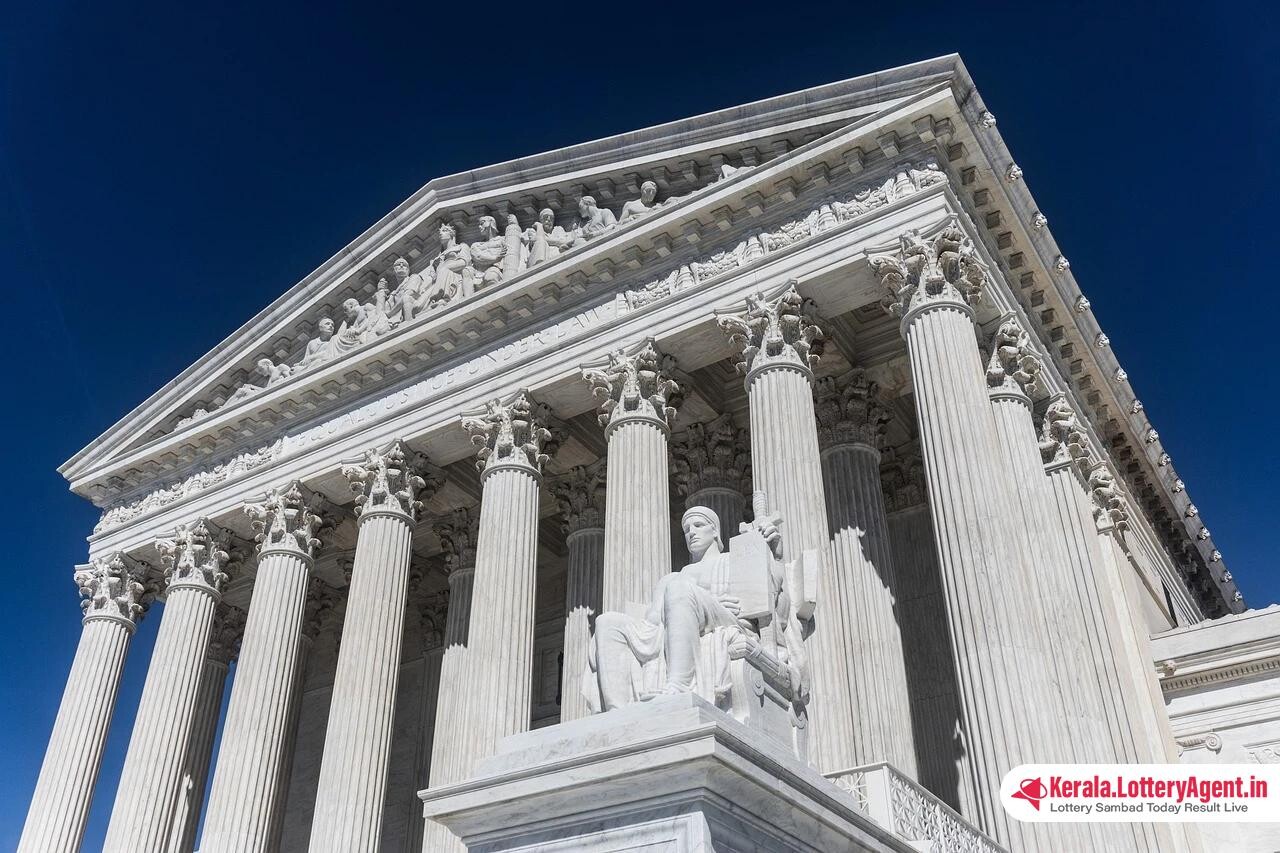
In an ongoing legal battle over gaming operations in Florida, the US federal government has once again sought an extension to prepare its response. Justice Department attorneys have cited a significant workload as the rationale for requiring more time to finalize their position. Solicitor General of the United States, Elizabeth Prelogar, addressed the need for an extension, emphasizing the demanding schedule of the attorneys in charge of preparing the government’s response. Prelogar has put forth a request to extend the deadline until 12 May, which has not met with opposition from the attorneys representing West Flagler Associates (WFA).
The judicial engagement revolves around a filing by WFA, which took place on 8 February. This legal move occurred approximately seven months subsequent to a lower court’s reversal of an earlier decision that authorized the Seminole Tribe to initiate its Hard Rock Bet betting platform in the state of Florida. The controversy in the courts stems from whether the Secretary of the Department of the Interior (DOI), Deb Haaland, acted within her legal authority when approving a 2021 agreement between Florida and the Seminole Tribe. This agreement permits bets placed anywhere in Florida to be counted as those made on tribal land, as long as the transactions are processed through servers owned by the tribe.
This legal issue comes after Florida’s Supreme Court declined to consider a related lawsuit last month. In the said lawsuit, West Flagler Associates challenged the actions of Governor Ron DeSantis and the state legislature, claiming they surpassed constitutional bounds in affirming the compact. Additionally, West Flagler Associates queried the compact’s legality, considering that Amendment 3, passed by voters in 2018, mandates that any expansion of gambling must be sanctioned by a public vote.
The US Supreme Court holds a selective docket, often taking up between only 100 and 150 cases out of the roughly 7,000 filed each year. Although it’s typically unlikely for a case to be picked up by the highest court, certain observers believe this particular lawsuit could capture its attention due to its implications for tribal sovereignty. Yet, predicting the Supreme Court’s interest in any given matter is speculative at best.
The timeline now hinges on the Supreme Court’s decision regarding this latest request for an extension. Once the Department of the Interior files its responsive brief, the high court will ponder over the prospect of taking up the case for review.
This legal contention punctures the backdrop upon which the Seminoles launched their Hard Rock Bet platform on 7 November 2024. The digital release marked a notable moment in the increasingly complex interplay between state laws and tribal sovereignty regarding gaming operations. With significant revenue and the regulatory landscape at stake, the outcome of this case could set a precedent affecting Native American gaming interests and states’ roles in gambling regulation nationally.
Fans of the platform, as well as proponents of expanded gaming in Florida, are looking on with interest as the legal gears turn. The future of mobile sports betting and the interface between tribal and state jurisdiction in Florida hangs in the balance. As the case progresses, industry stakeholders, policymakers, and legal experts alike await clarity on the nuances of federal law, tribal compacts, and state gambling initiatives.












